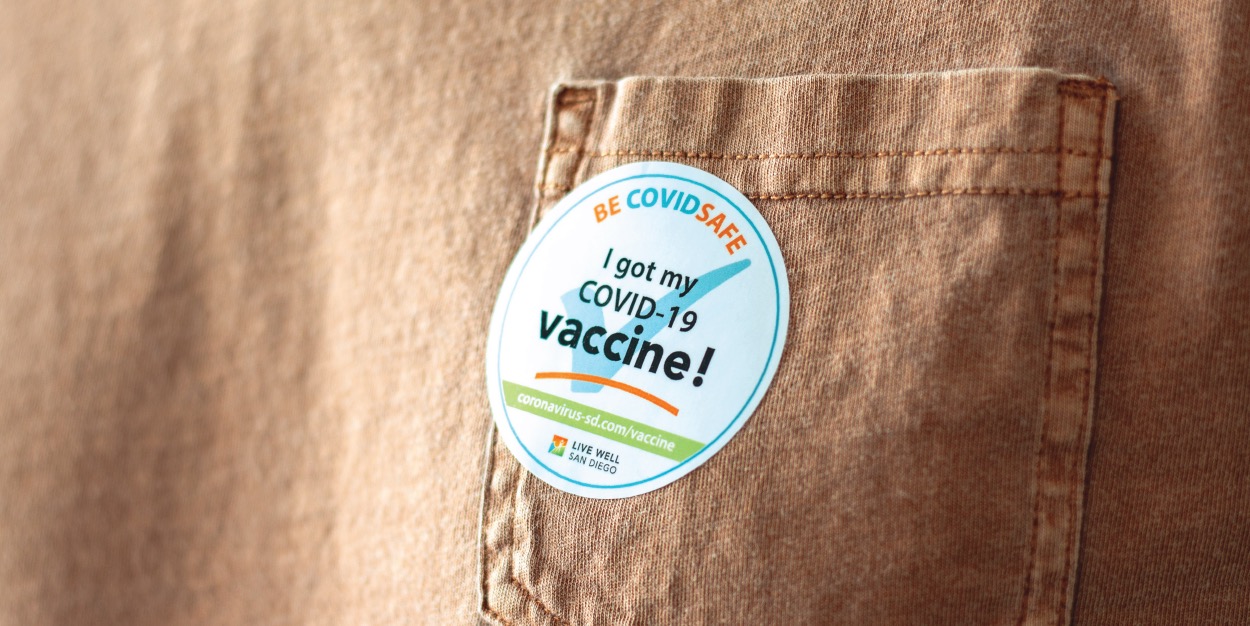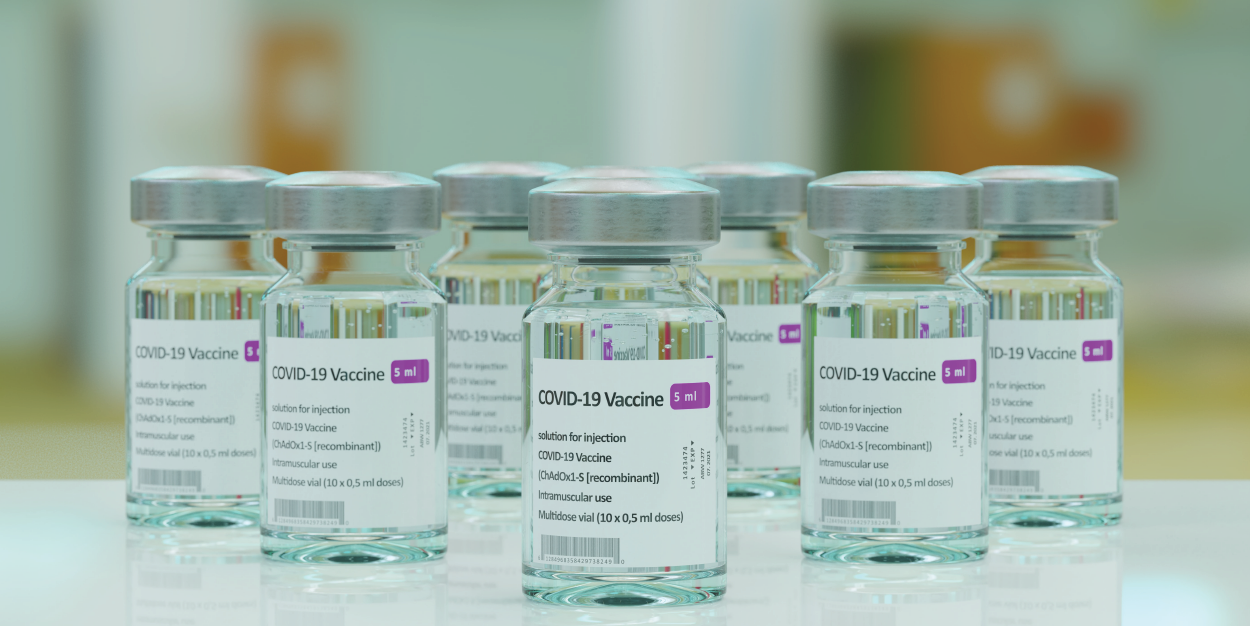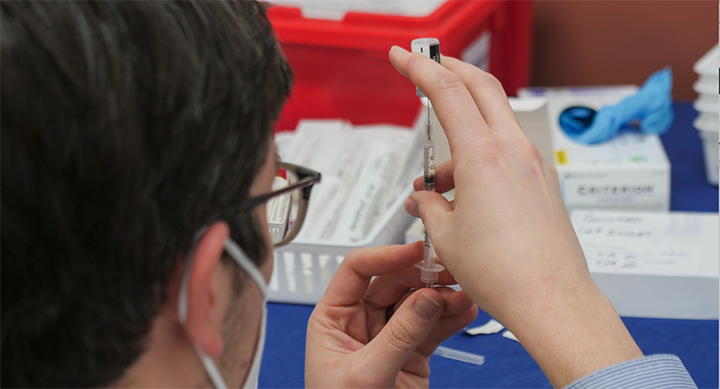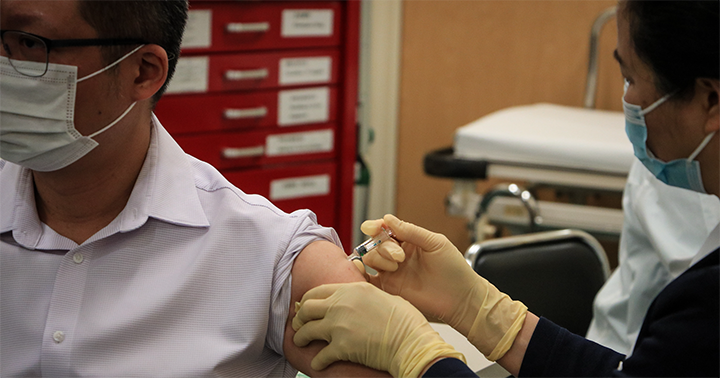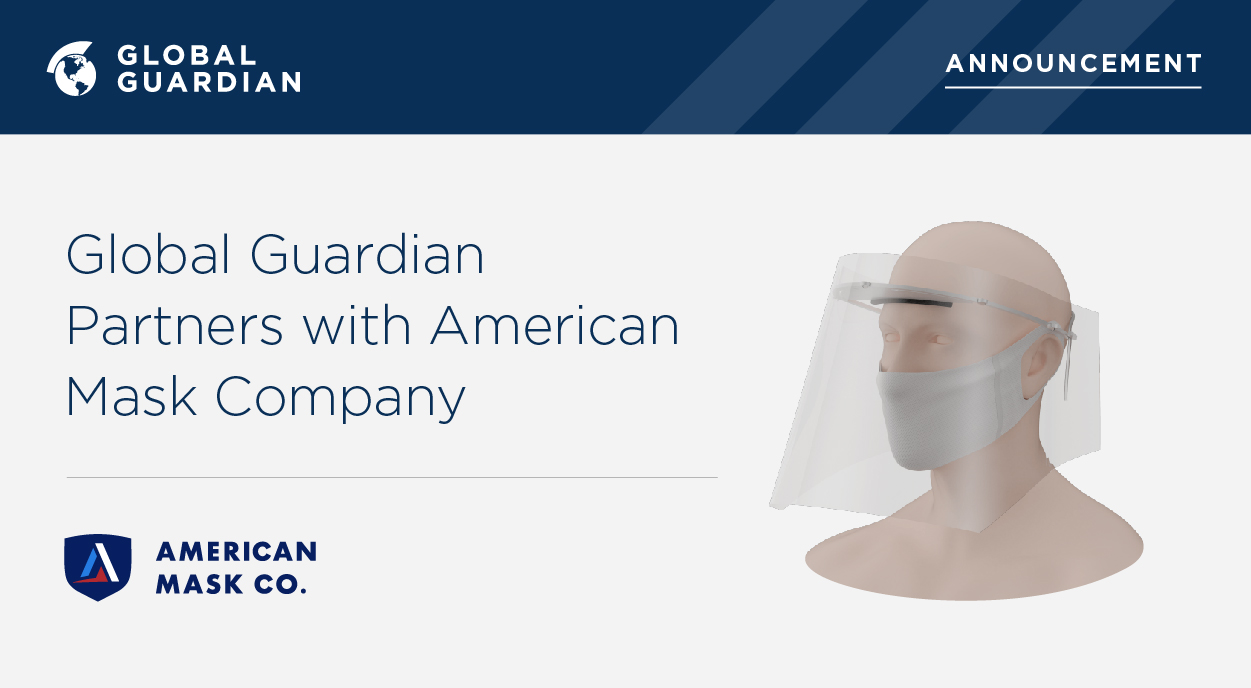UNITED STATES LATEST DEVELOPMENTS
- The U.S. CDC announced on 13 May that vaccinated individuals could resume activities that they had stopped doing during the pandemic. Masks are no longer recommended except when flying or taking public transit, when visiting health care facilities, and in congregate settings like prisons and homeless shelters.
- Multiple states in the U.S. changed, or announced they were considering changes to mask mandates. Some private businesses will continue to require masks in their stores, likely until state-by-state vaccination rates meet an internal threshold.
- The potential lifting of mask mandates following the new CDC guidance raises questions about vaccination verification. It is likely each state will have a different system in place to deal with proof of vaccination. Some states have banned entities from requiring proof of vaccination.
- There is optimism that being able to stop using a mask will incentivize those vaccine holdouts. Other states have implemented free food schemes, while Ohio took the extraordinary step of holding $1 million lottery once a week for vaccinated individuals in the state, in an effort to get more people vaccinated.
- So far, around 154 million people have received at least one vaccine dose. This will increase as teenagers and adolescents get vaccinated. The CDC recently approved Pfizer's vaccine for use in 12-15 year-old children.
For the latest United States case counts, click here.

